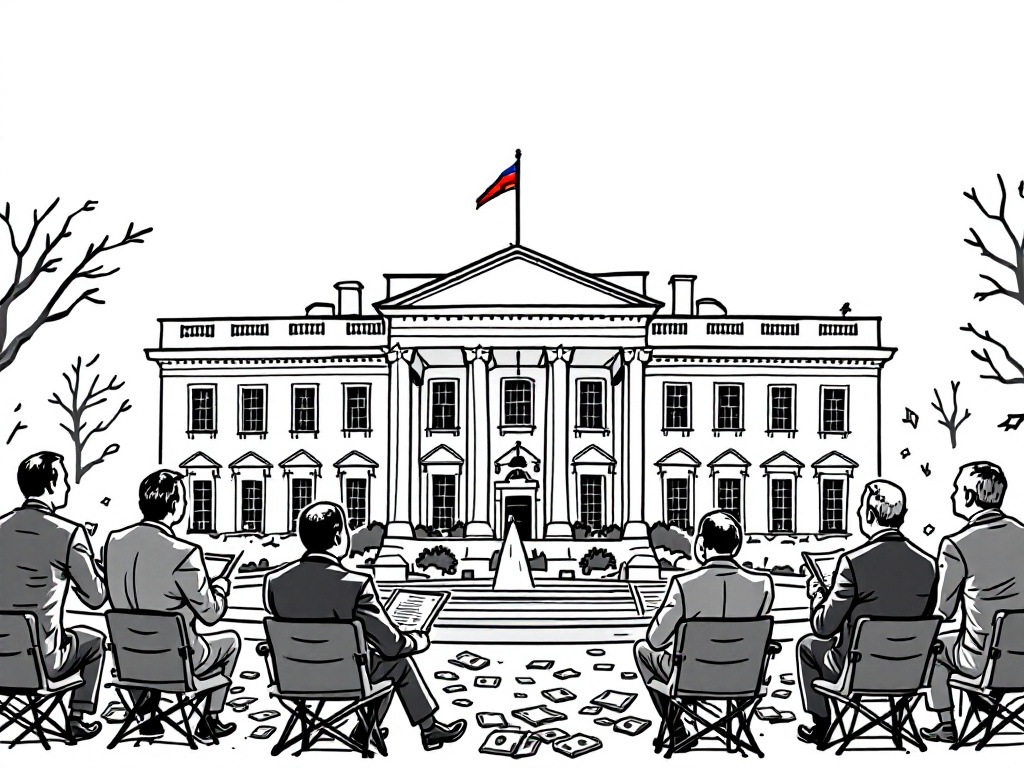White House Debates Lifting Sanctions on Russia's Nord Stream 2

Washington D.C., Friday, 25 April 2025.
The White House is considering lifting sanctions on the Nord Stream 2 gas pipeline, sparking debates on the potential economic and diplomatic impacts in Europe and the U.S., despite firm denials from key officials.
Political Dynamics Amid Sanction Debates
The ongoing debate within the White House regarding the lifting of sanctions on Russia’s Nord Stream 2 gas pipeline involves key political figures, including White House special envoy Steve Witkoff, who has been identified as a primary advocate of the initiative, whereas Secretary of State Marco Rubio and Interior Secretary Doug Burgum are staunchly opposed. This internal conflict highlights a significant rift within the administration, balancing diplomatic engagements against national interests [1][2].
Background and Implications of the Sanctions
Initially imposed by the Trump administration and later reinforced due to Russia’s invasion of Ukraine in 2022, the sanctions against Nord Stream 2 aim to limit Russia’s influence in European energy markets while also curtailing its financial gains from gas exports, crucial to its military funding [1][3][4]. Lifting these sanctions would mark a major reversal of previous U.S. policy and could potentially provide a financial windfall to Moscow, contingent upon the European Union’s willingness to purchase Russian gas via the pipeline again, an event that remains unlikely given the EU’s ongoing efforts to diversify its energy sources away from Russian imports [4][5].
International Reactions and Diplomatic Considerations
Internationally, reactions to the potential easing of sanctions vary. German lawmaker Nina Scheer from the Social Democrats openly supports the easing of U.S. sanctions in the context of peace talks with Russia, arguing that it would align with international law and aid the peace process in Ukraine. However, this perspective faces domestic and EU-wide opposition, which stresses the importance of reducing dependence on Russian energy [2][4].
Denials and Clarifications from U.S. Officials
Despite reports and ongoing debates, official statements from U.S. Secretary of State Marco Rubio and other administration members, including Steve Witkoff, have categorically denied any discussions about lifting sanctions as part of a Ukraine peace deal. They described the reports as ‘unequivocally false’ and demanded retraction from media outlets perpetuating these narratives. The insistence on these denials underscores the geopolitical sensitivities surrounding any potential policy shift and its broader implications on U.S.-Russia relations [1][5].